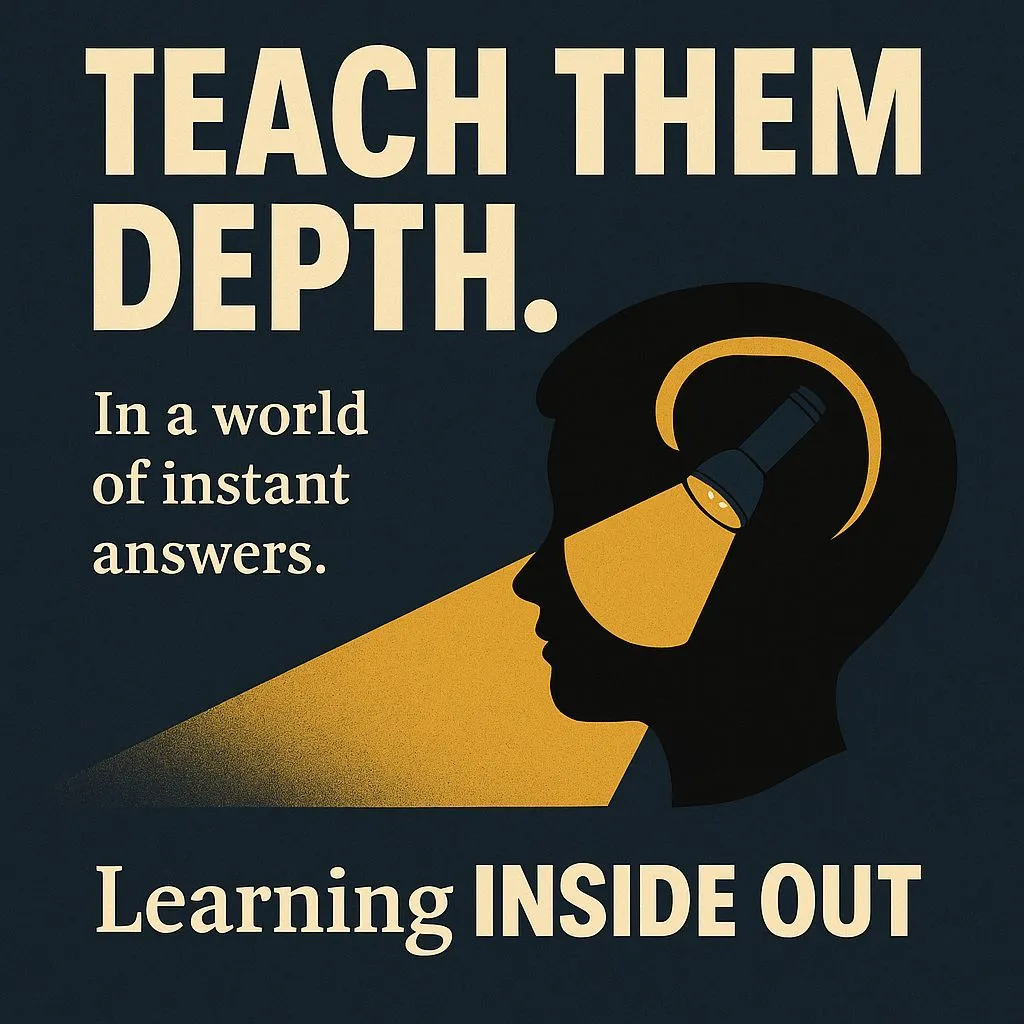The advancement of technology, much like the progress of time, is difficult to resist. Its current resembles rolling waves which, if not managed properly, can be dangerous, sweeping us away. That is why, in our view, it is crucial to balance the aspects affected by this progress, one of which is the rise of AI, while at the same time making the best use of what technology has to offer. As we know, AI has made our work easier in many ways, but it also comes with challenges that ripple into various social issues; from environmental risks to plagiarism. As an educational institution, we believe it is necessary to strike a balance: maximizing its benefits while minimizing its negative impacts.
According to the World Health Organization (WHO), artificial intelligence indeed holds vast potential in the health sector, ranging from improving diagnostics to supporting mental health research. Yet, WHO also warns of the waves of challenges that accompany this progress: from algorithmic bias and privacy risks to the danger of overpromising technology that has not been properly tested in real-world settings. In particular, their study on AI and mental health highlights how most existing tools still suffer from flaws in transparency, validation, and inclusivity. For this reason, WHO emphasizes the need for clear governance, ethical safeguards, and social responsibility, so that AI can truly serve human well-being without deepening existing inequalities.
So, how does Empathy School introduce AI to its students?
We continue to focus on their fundamental potential: curiosity, the exploration of opportunities, and the discovery of self. Empathy School has provided the opportunity to introduce LIO: Learning Inside Out with AI as an experimental program designed by Mr. Vishesh, with guidance from his mentors at scienceisweird.com and inspired by the educational philosophy of Kieran Egan. One of the teachers, Mr. Jesse Driver, is actively supporting the implementation and delivery of this program. We teach students how to go deeper, empowering them to transform initial boredom into profound curiosity, and curiosity into deep personal meaning. Instead of merely feeding the mind with more facts, LIO trains it to think.
Through this journey, students are encouraged to uncover wonder by engaging with challenges, conducting thoughtful research, and choosing their own paths. They learn to play with their discoveries; remixing ideas, nurturing curiosity, and developing a genuine love for their subject. This process leads them to create a final project designed not only to share knowledge but also to inspire others and spark new perspectives. The adventure culminates in what we call a “Masterpiece”; a talk, performance, or creative work that captures their discoveries and the transformation of their thinking.
Our students are guided to use AI as a flashlight, not a crutch. They learn to let it spark questions and curiosity, then to challenge it, cross-check it, and move beyond it. In this way, students come to understand that while AI can accelerate learning, it can never replace the power of their own thinking.
Our promise is simple yet profound: to help awaken the educated mind. In a world saturated with fleeting information, true depth has become a rare skill. Through LIO, we nurture curiosity, resilience, and care, restoring the sense of adventure in learning. At the same time, we cultivate humility, a commitment to truth, and a lifelong delight in discovery.
At our core, we, as a species driven by deep curiosity, are always engaged in exploration. One such exploration is our journey into technological development through Blob Opera Fun, a creative musical performance we once wrote about, which you can read more about at the following link:
Because, alongside the risks and challenges that AI brings, it also offers positive impacts confirmed by Harvard University: from boosting individual and team productivity, to accelerating and improving the accuracy of diagnostics in healthcare, and easing the cognitive burden on medical professionals by automating administrative tasks. Harvard’s research also shows that AI can expand access to medical expertise in regions with limited specialists, while democratizing research resources so that innovation can grow more equitably. With the right engagement, AI can even strengthen decision-making and accelerate the birth of new ideas—proving that this technology, when used wisely, can be a catalyst for progress.
Facing the potential risks, UNESCO highlights the positive potential of AI, particularly when guided by ethics and inclusivity. Through its Recommendation on the Ethics of Artificial Intelligence, adopted by 193 member states, UNESCO emphasizes transparency, fairness, gender equality, data protection, environmental sustainability, and the importance of human oversight. AI, when applied responsibly, can broaden access to education, strengthen digital literacy, and even help preserve cultural heritage, from protecting endangered languages to sharing traditional stories with new generations. At the same time, UNESCO underlines AI’s role in advancing the Sustainable Development Goals, supporting climate action, and promoting more equitable economic opportunities. To ensure this, countries are encouraged to conduct readiness assessments and foster collaboration among governments, academics, civil society, and the private sector, so that the benefits of AI are shared broadly and responsibly.
Our tutor has shared his own reflections, outlining how he envisions implementing a program that not only offers joyful learning but also does not overlook social risks and mental health issues. You can explore his perspective in detail through the following link:
https://visheshnagpal.com/miles-from-understanding
We want technological progress to uplift our children and the generations after them, not turn them into a generation of indifference, lacking empathy, and leading to collective decline. Stay connected with us for the latest updates on our programs at Empathy School.


 Previous Post
Previous Post